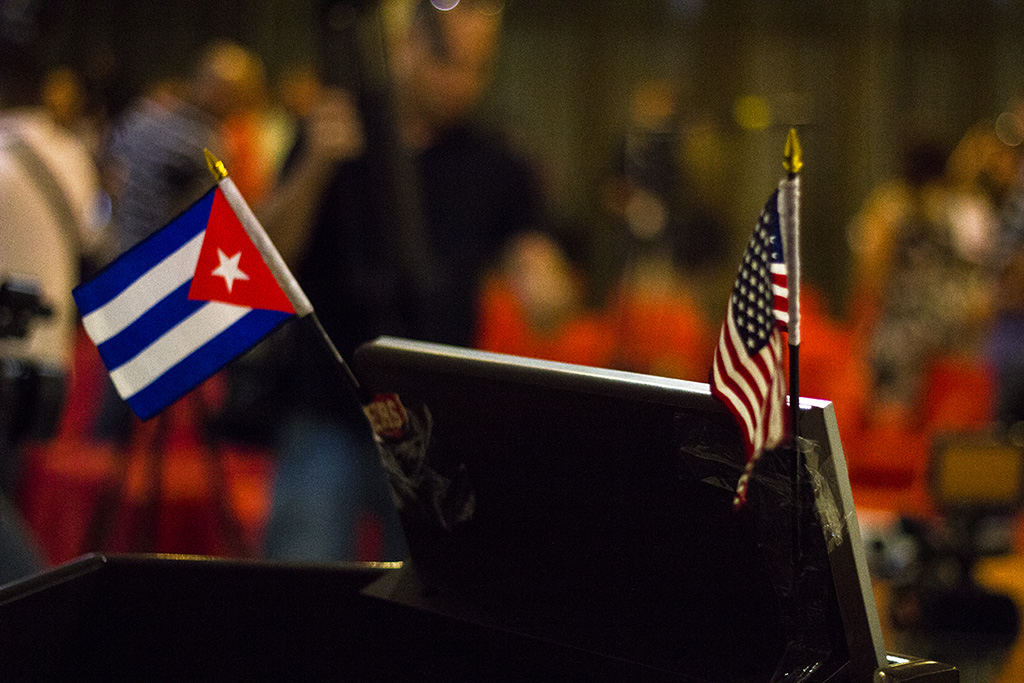
Cuba-U.S.: ‘Delicate issues’ remain unresolved
HAVANA — The latest round of negotiations between Cuba and the United States, May 21-22, did not end with an agreement on the re-establishment of diplomatic relations between the two countries.
According to statements from both delegations, although advances have been made in this regard and, in fact, two of the main obstacles that prevented an agreement have been eliminated — i.e., the elimination of Cuba from the list of countries that sponsor terrorism, and the opening of a bank account for the Cuban mission in the U.S. — still unresolved remain what Roberta Jacobson, head of the U.S. delegation, called “delicate issues” regarding the future operation of the embassies.
As stated by President Raúl Castro, Cuba’s fundamental concern is that the U.S. diplomats may continue to take advantage of the situation by carrying out activities that are considered to be subversive and illegal inside Cuba.
For the U.S., attempting to change the Cuban regime or any other has become an allegedly legitimate right that emanates from its status as “world leader,” so it brazenly proclaims this intention, both in the speeches of its leaders and the doctrinal documents that govern its foreign policy.
Jacobson herself acknowledged — as if it were the most natural thing — that her government had just asked the Congress for funds to continue with the programs intended to promote a regime change in Cuba. In the words of Silvio Rodríguez, she said “to help the Cuban people,” which “is not the same but an equivalent.”
It should be noted that, in an impromptu comment, Jacobson also said that these “programs” could vary, according to specific instances and conditions, implying that some of them — the most clearly meddlesome, in my opinion — could be eliminated. That wouldn’t be bad news for Cuba but could be for some people who make a living from such funds.
As I see it, the right to act in this way is what is essentially discussed when talking about “the functioning of the embassies.” The “delicacy” of the matter is that it is not a problem related solely to Cuba but one that is part of the United States’ hegemonic logic.
This debate, then, grants additional importance to the process of re-establishing relations between the two countries, because it could set limitations on this hegemonic concept and become a precedent for a better interpretation of the norms established by the Vienna Convention, supposedly the legal framework accepted by both parties.
On the other hand, the way in which the negotiations have been held constitutes a good example of conflict resolution, where the climate of equality and mutual respect could serve the U.S. to deal to other disputes, which heretofore have almost always been settled with imposition and violence.
If that is so, it would be more than justified to state that the re-establishment of diplomatic relations with Cuba — which apparently will be accomplished sooner than later — will constitute the main legacy of President Barack Obama to the United States’ foreign policy.


